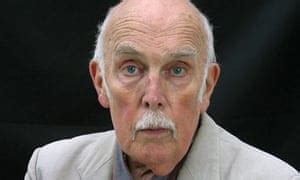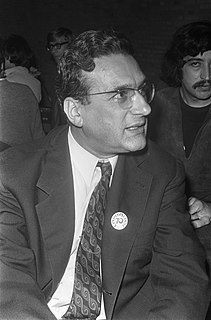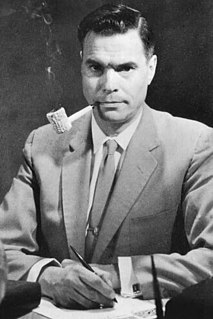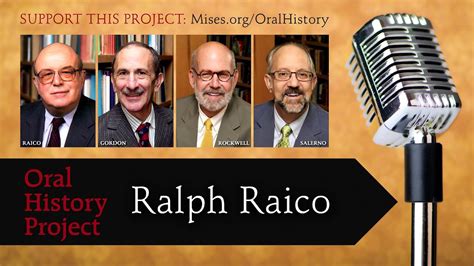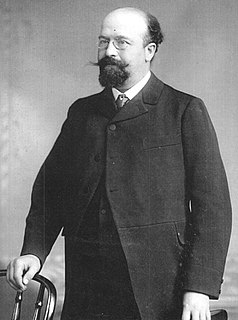A Quote by Bernard Crick
To Marx the claim of the theory of ideology is that all doctrine is a derivative of social circumstance.
Quote Topics
Related Quotes
Economy and ideology. The claim (presented as an essential postulate of historical materialism) that every fluctuation of politics and ideology can be presented and expounded as an immediate expression of the structure, must be contested in theory as primitive infantilism, and combated in practice with the authentic testimony of Marx, the author of concrete political and historical works.
You have read and heard that communist theory-the science of communism created in the main by Marx, this doctrine of Marxism-has ceased to be the work of a single socialist of the nineteenth century, even though he was a genius, and that it has become the doctrine of millions and tens of millions of proletarians all over the world, who are applying it in their struggle against capitalism.
Liberalism is, in fact, the ideology of the capitalist revolution that prodigiously raised the living standards of the mass of people; a doctrine gradually elaborated over several centuries, which offered a new concept of social order, encompassing freedom in the only form suited to the modern world. Step by step, in practice and theory, the various sectors of human activity were withdrawn from the jurisdiction of coercive authority and given over to the voluntary action of self-regulating society.
[T]he Constitution ought to be the standard of construction for the laws, and that wherever there is an evident opposition, the laws ought to give place to the Constitution. But this doctrine is not deducible from any circumstance peculiar to the plan of convention, but from the general theory of a limited Constitution.
The Rulers of Russia, then, are Jewish Politicians, and they are applying to the world the doctrine of Karl Marx (Mordecai). Marx, was a clear and lucid Talmudist...full of that old Hebrew (sic) materialism which ever dreams of a paradise on earth and always rejects the hope held out of the chance of a Garden of Eden after Death.
Most of Marx's predictions have failed to materialize, and his labor theory of value and other ideas have been proven wrong. Marx failed to recognize the incentive system built into the capitalist model - consumer choice and the profit motive of the entrepreneur. The irony is that capitalism, not socialism or Marxism, that has liberated the worker from the chains of poverty, monopoly, war, and oppression, and has better achieved Marx's vision of a millennium of hope, peace, abundance, leisure, and aesthetic expression for the 'full' human being.
Whatseems to take place outside ideology (to be precise, in the street), in reality takes place in ideology. What really takes place in ideology seems therefore to take place outside it. That is why those who are in ideology believe themselves by definition outside ideology: one of the effects of ideology is the practical denegation of the ideological character of ideology by ideology: ideology never says, 'I am ideological.'
The error in positivism is that it takes as its standard of truth the contingently given division of labor, that between the science and social praxis as well as that within science itself, and allows no theory that could reveal the division of labor to be itself derivative and mediated and thus strip it of its false authority.
Since the 1960s, we have seen the failure of the melting pot ideology. This ideology suggested that different historical, cultural and socioeconomic backgrounds could be subordinated to a larger ideology or social amalgam which is "America." This concept obviously did not work, because paradoxically America encourages a politics of contestation.
The two most far-reaching critical theories at the beginning of the latest phase of industrial society were those of Marx and Freud. Marx showed the moving powers and the conflicts in the social-historical process. Freud aimed at the critical uncovering of the inner conflicts. Both worked for the liberation of man, even though Marx's concept was more comprehensive and less time-bound than Freud's.
